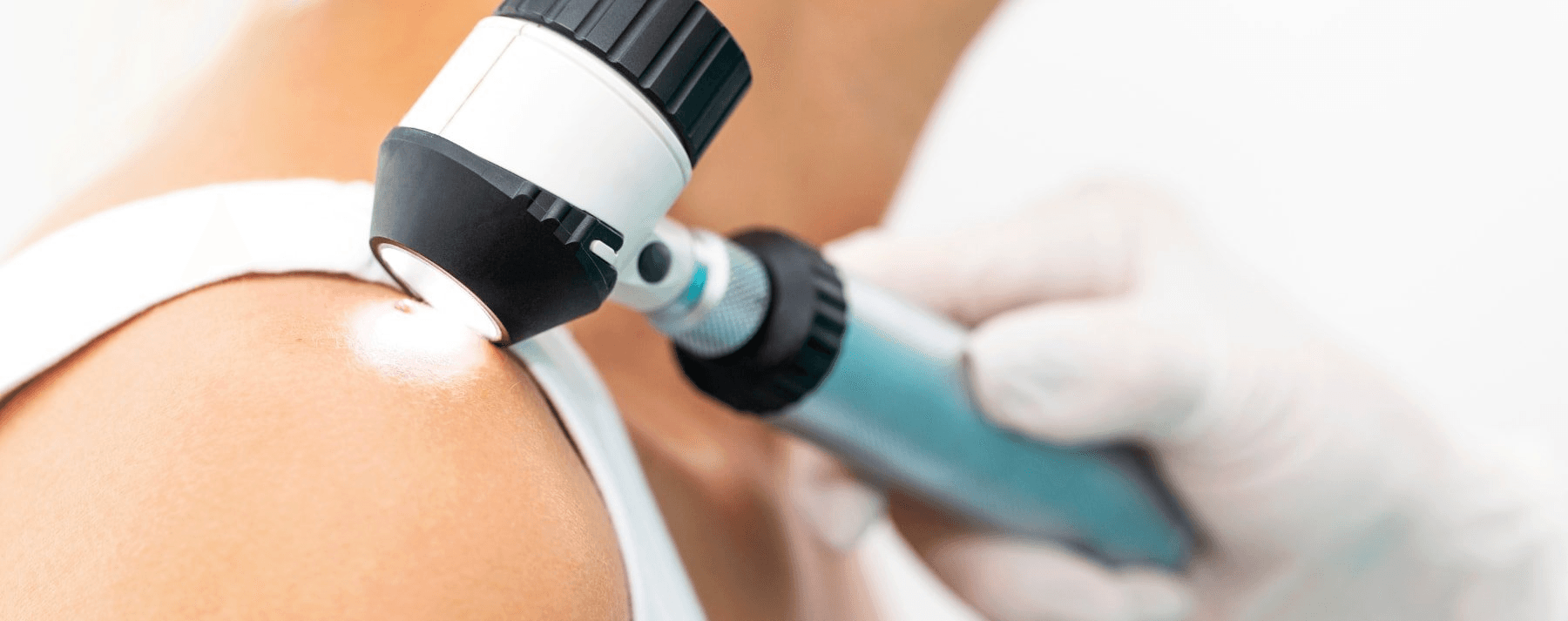Skin lightening

In this article
What is skin lightening and why do people do it?
Skin lightening is the use or misuse of agents that will depigment the skin. The idea is to lighten the appearance of normal skin. This is a common practice in certain communities where lighter skin is a sign of prominence, superiority and higher social ranking. It may affect anything from an individual’s marriage prospects to job opportunities. Skin lightening methods include the use of either bleaching creams or glutathione containing oral tablets and injections.
Dangers
It is not recommended to try and change someone’s entire skin tone for ethical and medical reasons. Hydroquinone based agents can be used safely under the supervision of a consultant dermatologist to treat areas of patchy pigmentation with good results. There is no safe recognised method however, to lighten your entire skin.
Types of illegal skin lightening products and their effects
Creams
There are a wide range of agents that are used in creams for this purpose: hydroquinone, mercury based products and steroids are used most commonly.
Hydroquinone is still probably one of the commonest agents. It works by inhibiting production of the pigment melanin, which gives skin its colour. Its overuse has been linked with a blue grey pigmentation known as ochronosis developing in the skin. It can damage elastin strands in the skin causing premature ageing and weakening of skin. Long term, widespread use can cause problems with the nerves and liver.
Mercury based products are also common – mercury is a toxic element that will accumulate in the body causing damage to the kidney, liver, and brain.
Steroids are often another component. Prolonged use will result in skin thinning or atrophy, stretch marks, easy bruising and broken veins. There is an increased risk of infection and boils. Over time, long-term use, particularly over the whole body can interfere with blood pressure, cause diabetes, osteoporosis and weight gain.
Tablets and Injections
There are also tablets and injections that have been marketed for skin lightening that contain glutathione. Glutathione is an anti-oxidant agent that interferes with melanin production. In the oral form, it is available as a food supplement and there is no hard scientific evidence that it actually works for this purpose. Intravenous glutathione, however, is deemed to be of questionable safety and can potentially cause problems with severe skin rashes, kidney and thyroid disease.
Where do people get illegal skin lightening products from?
It’s possible that skin lightening products are subject to less stringent regulations outside of the EU. Nevertheless, illegal skin lightening products do manage to make their way to the UK.
Illegal skin whitening creams can come from around the world including Pakistan, the Middle East and the Caribbean to name just a few and can sometimes be bought under the counter in beauty shops or online.
It is illegal to sell products in the UK without a suppliers name and address plus a list of ingredients. So if a product is missing these key pieces of information then they may be illegally imported and could contain banned ingredients.
Statistics
In a survey by the British Skin Foundation, it was found that a third (33%) of those using skin-lightening products did so because they believed lighter skin was more attractive.
Support
It is not recommended to use skin lightening methods without first discussing with your dermatologist or doctor.
Never be tempted to use illegal skin lightening products which can sometimes be purchased under the counter in beauty shops or over the internet. Negative side effects can also affect a person’s mental health as well as their physical health.
Speak to your dermatologist or doctor if you have any concerns about your skin tone and they will be able to advise a safe course of action that is right for you.
Skin lightening information by Dr Anjali Mahto, Consultant Dermatologist
Donate to us now
By donating to skin disease research, you are helping us to find treatments and cures for common conditions like rosacea, acne and psoriasis through to potential killers like melanoma skin cancer. Thank you.




